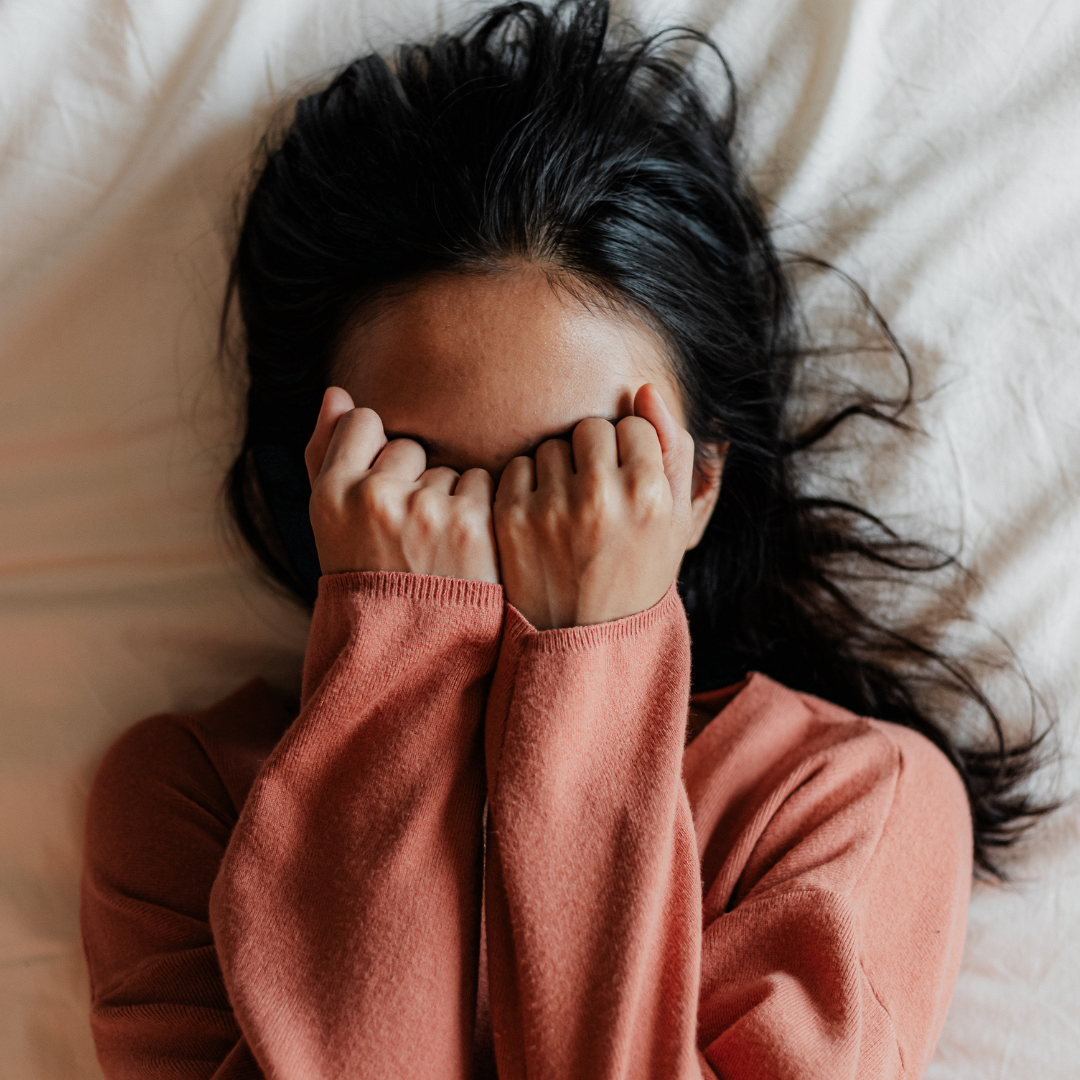
Introduction:
Millions of us snore. It bothers us, interferes with our sleep, raises havoc with our days, threatens our health and offends just about everybody within hearing distance. Relationships are often pushed to the brink. What can be done to help us sleep better and minimize snoring?
We can take different approaches to the problems of sleeplessness and snoring, some involving doctor-prescribed medicines and some involving devices and products designed to physically manage snoring.
But before getting into that realm, we can look at natural ways of managing our sleep and reducing the chance of snoring. We can help our bodies reset their natural body clocks and we can give those sleep hormones a little help while keeping out the bad influences that are sure to rob us of needed sleep.
6 Types of Natural Snoring Aids
Get More Sun
Our ancestors went hunting for food in the daytime, brought it back to the cave and enjoyed the evenings by resting – and probably sitting around the fire once they discovered it.
Modern times, however, has led to us spending most of our days in school or at work – or even at home. We get used to artificial light, and we miss the real deal.
Even at work, sun can make a difference. An office study measured the sleep quality of workers who had window offices vs. those who had walled offices. The result was that those with windows, who got more sunlight, enjoyed 45 more minutes of sleep than those with walled offices. The workers with windows were also more active during the day.
Getting as much sunlight as we can is the best natural snoring aid to help us sleep better and minimize snoring.
A recent study of campers who spent a week in the woods discovered that exposure to outdoor natural light actually reset their body clocks by at least two hours. They either went to bed two hours earlier than normal or they went to bed at the same time as normal but slept two hours longer.
Block Artificial Light
While we strive to get more natural light, we should also try to reduce our exposure to artificial light, especially the kind that comes from electronic devices.
One study revealed that 95% of respondents had used some form of electronic device within an hour of bedtime.
At night, when we want to sleep, any artificial light – from lamps, cellphones, laptops, IPADs, TVs, or game consoles will interfere with our body clock rhythms.
In nature, blue/green light is more prevalent in the morning. At night, natural light becomes more red/orange. The electronic blue/green light makes our brains think it’s still day time.
The combination of getting more natural light and less artificial light is a key snoring aid for minimizing the insomnia brought on by today’s forced working conditions.
Place Limits on Eating and Drinking
We can reduce snoring by limiting our use of stimulants like coffee and alcohol, especially within a few hours of going to bed. Our brains should be thinking of slowing down, not speeding up.
Some people have a warm cup of herbal tea which helps induce sleep. Some drink cherry juice or have a banana, both of which contain tryptophan, a chemical that metabolizes into melatonin, which helps you sleep better.
Eating a heavy meal close to bed time will also confuse our body clocks, which are programmed for earlier energy absorption. Eating late might also lead to indigestion or acid reflux which can further interfere with sleep,
Drinking water throughout the day is always a good idea. Keeping hydrated will facilitate body functions and minimize throat irritability at bed time.
Get Some Exercise
Exercise also acts as a snoring aid, and is a great way to maintain our natural cycles. We can work off anxiety and tensions, increase our circulation, keep our muscles in training, and maybe even help us lose weight. Any exercise can help with sleep, but heavy exercise shouldn’t be done right before bed time. Daytime movement is best.
At night, some people have regular, light exercises they do. These exercises are more stretching and limbering up. A few practice meditation with Yoga. This combines a relaxation of the body and mind and creates a ready state for sleeping.
There are special exercises specifically aimed at reducing snoring. They involve the muscles of your face, jaw, tongue or throat and are designed to increase muscle tone.
Well-toned muscles reduce snoring by doing a better job of keeping the airway open and minimizing any relaxation or collapsing of tissues that can cause snoring.
Practice Good Sleep Hygiene
When it’s time for bed, it’s time to relax. It’s time to let the homework go or the projects you are working on, or the problems at the office. It’s time to resolve or at least postpone any conflicts or arguments you may have with your spouse. You need to clear your mind and allow the melatonin in your system to activate.
Good sleep hygiene is a great snoring aid because it can be personalized. Some people will listen to music. Others will read a book or play a game or solve a puzzle – all designed to help the mind address simple tasks and start to wind down. And it’s all part of good sleep hygiene.
The bed should be comfortable including mattress and pillows. It should be free of dust and allergens. A nearby humidifier can put moisture into the air and reduce the nasal dryness that can lead to snoring.
Snoring can often be minimized by raising the angle of the bed. Sleeping at an angle can reduce the chance of soft tissue collapse and resulting snoring.
Pillows offer many choices today. They have differences in design, thickness, softness and firmness, and many people have favorites that they even take with them on trips. You should definitely have a pillow that conforms to your own personal sleeping style and comfort.
Change Sleep Positions
Snorers often find that changing sleep positions acts as a snoring aid and helps them breathe better. There are back sleepers and side sleepers and many variations that affect our bodily functions differently even as we sleep.
Sleeping on your back leads to the collapsing of the tongue and soft palate which in turn leads to the vibrations that cause snoring. Changing positions to sleeping on your side or stomach should reduce this effect. A “full length” body pillow can help with side sleeping.
Sometimes elevating the head also reduces snoring, in the same way elevating a bed would help. It alleviates the pressure on the soft tissues in the throat and can also relieve nasal congestion in the sinus cavities.
Change Your Lifestyle
Making some of these suggested changes at bed time can reduce snoring. But they will be easier to manage if they become part of a lifestyle.
Minimizing alcohol and tobacco not only helps with snoring, but is also a great lifetime suggestion. Eating the right foods in the right quantities at the right times can help with weight control.
Many people who snored and had sleep apnea went on weight-reduction programs that led to the elimination of those sleep problems, and helped with overall health.
People with too much weight or those with “late” body clocks are more susceptible to health risks like snoring, sleep apnea, obesity, diabetes, and depression. And when fatigued, they are more likely to have accidents. These snoring aids are natural ways to reduce snoring, but to also lead a healthier lifestyle.
If snoring is an issue for you or a loved one, it’s time to take some steps to help out, naturally. If you are looking for additional tips for yourself or your partner, check out our tips on stopping snoring.

































